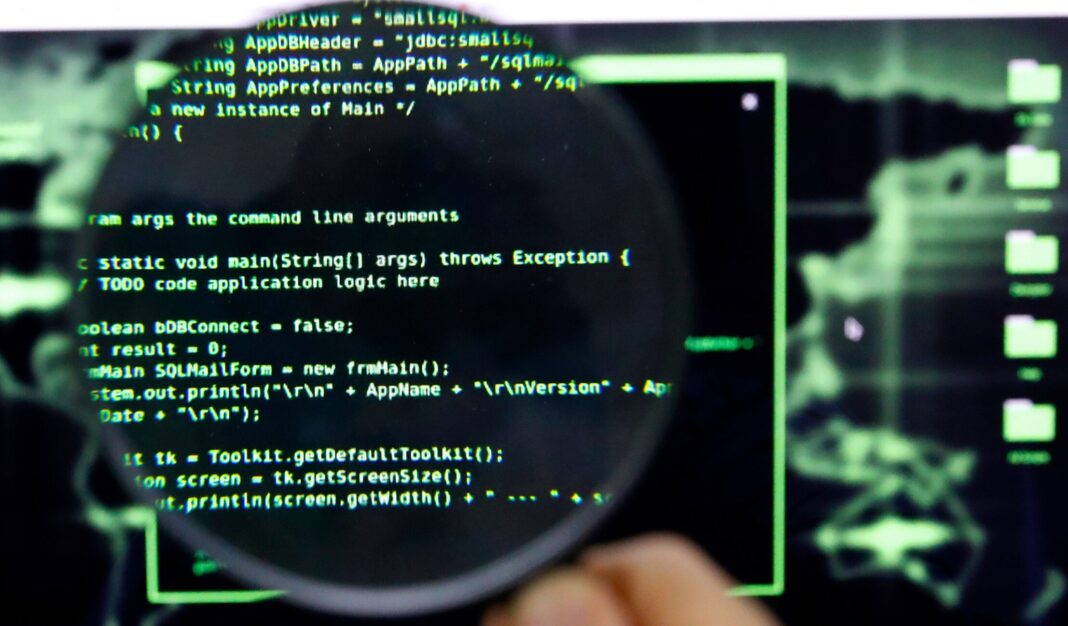BTN News: In April 2024, the National Public Data (NPD) service, a major provider of background check information, was hit by a devastating cyberattack. Millions of personal records, including Social Security numbers and contact details, were compromised. Although this breach occurred months ago, it only came to light in August after a class-action lawsuit was filed in Florida. Cybersecurity experts are warning of severe identity theft risks for those affected, as the stolen data is reportedly being sold online by the notorious hacker group USDoD. With personal security on the line, individuals are urged to take immediate action to protect their identities and financial information.
What Happened: A Timeline of the NPD Cyberattack
In April 2024, hackers infiltrated NPD’s database, gaining unauthorized access to sensitive records. Despite efforts to contain the breach, the full extent of the attack wasn’t publicly disclosed until August 1, 2024, following a lawsuit in Florida’s District Court. According to reports from Bloomberg Law, this delay left millions of people vulnerable, unaware that their private information might have already been circulating online.
While NPD is still working to identify the number of individuals affected, early investigations revealed that the stolen data includes names, Social Security numbers, email addresses, phone numbers, and physical addresses. The hacker group responsible for this breach, USDoD, has been linked to the sale of billions of records from NPD’s system on dark web forums.
Is Your Information at Risk? Here’s How to Check
Concerned that your Social Security number or other personal data might have been exposed? A security company called Pentester has developed a free tool that lets users check if their information is part of the breach. This tool, accessible online, allows you to search the compromised records by entering your name, state, and birth year.
If you discover that your data is included in the breach, experts recommend immediate action. The steps you take now can mitigate future damage and protect your financial well-being.
What to Do If Your Data Was Exposed: Expert Tips to Safeguard Your Identity
If your Social Security number was compromised in the NPD data breach, it’s crucial to act quickly to minimize the risks of identity theft. Here’s what cybersecurity experts advise:
- Freeze Your Credit: One of the most effective measures is to place a freeze on your credit. This prevents unauthorized parties from opening new accounts in your name. You can do this by contacting one of the three major credit bureaus: Equifax, Experian, or TransUnion.
- Enable Two-Factor Authentication (2FA): Strengthen the security of your online accounts by activating 2FA wherever possible. This adds an extra layer of protection, making it harder for hackers to gain access to your accounts.
- Set Up Banking Alerts: Monitor your financial accounts closely for any unusual activity. Set up notifications for all transactions, especially those involving large sums or overseas charges. This can help you detect fraud quickly.
Why This Data Breach Matters: The Ongoing Threat of Cybersecurity Attacks
While data breaches have become more frequent in recent years, the scale of the NPD breach is particularly concerning due to the nature of the data exposed. Unlike a typical email or password leak, this attack includes highly sensitive personal identifiers like Social Security numbers, which can be used for years in various forms of identity theft.
David Brumley, a cybersecurity expert and professor at Carnegie Mellon University, emphasized the long-term risks posed by this breach. “Even if you take immediate steps to protect yourself, such as freezing your credit or enabling two-factor authentication, it’s crucial to stay vigilant in the years to come,” Brumley told Time. “Monitor your credit score regularly, especially when planning large purchases like homes or vehicles, as these are prime targets for identity thieves.”
The Path Forward: What Authorities and NPD Are Doing
Since the breach became public, NPD has been working closely with law enforcement agencies to investigate the full scope of the attack. However, as of now, no definitive numbers have been released regarding how many people were affected.
Security experts are urging individuals to stay informed. NPD has pledged to notify impacted individuals as more information becomes available. However, until that happens, individuals must take proactive steps to secure their personal information.
Stay Safe: Ongoing Cybersecurity Measures You Should Adopt
In light of increasing cyberattacks like the NPD breach, it’s essential for everyone—not just those impacted by this event—to adopt stronger security habits. Consider the following practices to protect your data:
- Regularly Update Your Passwords: Use complex, unique passwords for different accounts. Consider using a password manager to help you keep track of them.
- Beware of Phishing Scams: Cybercriminals often exploit data leaks by sending phishing emails. Avoid clicking on suspicious links or providing personal information online.
- Monitor Your Credit Reports: Periodically review your credit reports to ensure there are no signs of fraudulent activity. You are entitled to a free credit report annually from each of the major credit bureaus.
Conclusion: A Wake-Up Call for Personal Security
The NPD data breach serves as a stark reminder of the importance of cybersecurity. With millions of records exposed, it’s crucial for everyone—whether directly affected or not—to prioritize digital security.


